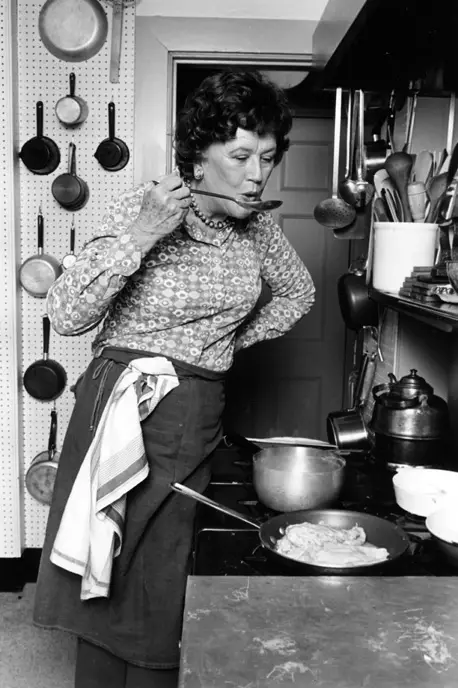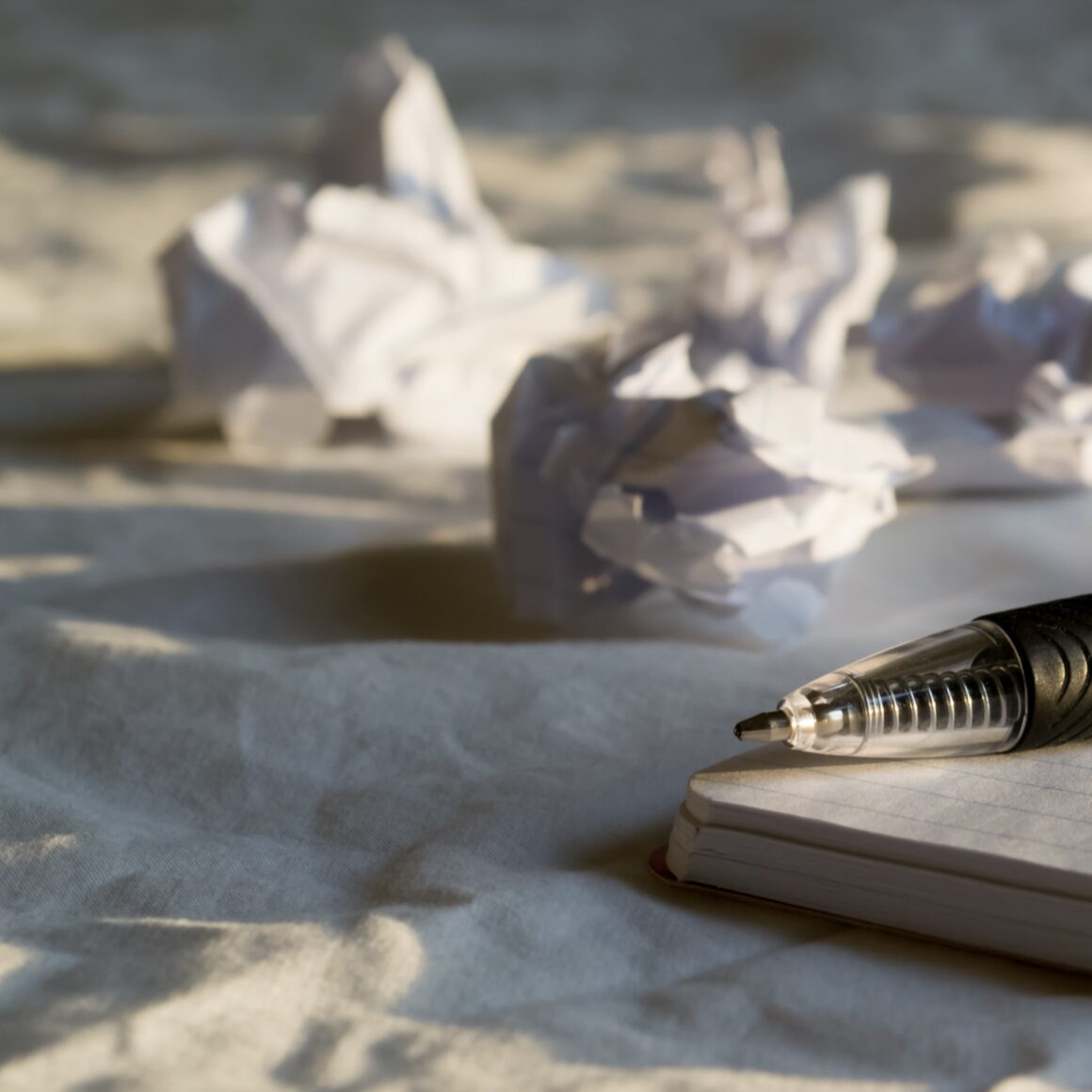“Writer’s Block: a psychological inhibition preventing a writer from proceeding with a piece”
Merriam-Webster, 2022
Have you ever been writing and hit a metaphorical wall? It can be frustrating when the flow of words comes to a screeching halt and you’re unable to recover right away. Here are some creative ways to procrastinate during the struggle!
1. Skydive
My experience of skydiving was on the island of Oahu with Skydive Hawaii. It was windier and colder than I expected, but the ocean had never looked more tranquil. I tried my best to memorize every hue of green that covered the mountain range. In every direction that I turned my head, the view took my literal breath away. I loudly screamed…and was embarrassed to realize that I had to take another breath to scream again. Eventually, I just fell in silence and awe.

The rush of air tickled my fingertips, and for a few moments, I was like a cloud. Surprisingly, once the parachute opened, I had plenty of time to think while falling at 120 mph. After I landed, my hair was a disaster and I had a permanent smile on my face. The jolt of energy was just what I needed to re-attack my work.
2. Take a Walk as One of the Main Characters in the Story You’re Writing
Perhaps you’re a new vampire who has to hop between the shadows so the sunlight won’t burn you. Maybe you’re the recipient of a sudden inheritance from a long-lost aunt whose estate has to be claimed on the island she owns. Indeed, you could even be a character stretching their legs after coming back from a paint store after looking at 50 shades of grey. Ahem. Do you.
3. Put on a Favorite Song & Race to Clean up as Much as You Can
Don’t preplan what you’ll clean. Instead, just speed through it while singing at the top of your lungs. Go ridiculously fast, as if your parents will be home any second! For this sense of playful urgency, be sure to hustle like Ferris Bueller running home after taking a day off.
Related: 10 Tips for New Writers
I fully believe you’ll feel productive, even if it’s only taking out the trash or loading the dishwasher. If that doesn’t work, then at least you have a clean house.
4. Visit Your Local Thrift Store with a Friend & Try on the Most Lavishly Odd Things Possible
Whether it’s a prom dress from the ’70s or a bedazzled cat on a studded jean jacket, do it. You could use a break from your own mind, so enjoy a wild sense of someone else’s uniqueness.

5. Pretend to Host a Cooking Show & Make Something You’ve Never Made Before
You’ll have to speak to your “audience” and entertain while you create something from scratch that is new to you. I have done this using the voice of Julia Child during her cooking shows, which can be found here.
It’s a lighthearted way to break you out of your normal headspace and exercise the mind’s creative muscles. Hopefully, you’ll also get a delicious meal out of the experience!
6. Be Your Own Advocating Hype Person
Sometimes you need to let it all out. If you feel like complaining, then be your own shoulder to bemoan your woes. Whether it’s to whine about the character stepping out of line or mourn your favorite sentence that you know you have to delete because it doesn’t aid your storyline. Counter every negative thing you have to say in the way that your hype person would. After all, no one knows you better than yourself, and therefore you know the best things to say.
7. Organize Your Books
Come on, you know you’ve wanted to do a deep clean and reorganize those shelves for a while. A popular way right now of organizing books is by color, making them into a beautiful rainbow. I still do mine by size but I have wanted to do them by color for the past year. Creatively, I’ve seen books organized by genre where the mystery books had their spines turned inward.
8. Shock Your System
Read a book that is the opposite genre of the book you’re writing. I do this when I find myself trying to spell a word, and even though it’s correct I’m convinced that it’s wrong. The writer’s hands do the best they can to interpret what the brain is trying to explain, and this can cause overcorrection. It might be fun to give yourself a taste of an opposite genre to get the gears in your mind turning again.
Writer’s Block Is Different for Everyone, Including People Who Don’t Experience It
With all these in mind, it is important to remember that each person is different and may require other interventions. Expanding upon this, it is valuable to explore what are some sticking points you come across in your writing and what methods you’ve actively tried to move past them.
Related: The Art of a Good Interview
A writer may not be blocked at all but could rather be playing mental Tetris with the plot or character development. It can be frustrating to discover that one method to move past an issue isn’t universal for other issues.
Cut Yourself Some Slack
If you find yourself stressing over “all the other things” you could be doing, just remember that your work takes time. This is true even if the time spent on your writing is just staring at the screen and not adding a single word. Many authors say that their best time for writing is in the morning. Some report that their minds are the freshest when they wake up and want to make sure to get the writing done first.

Regardless, the majority state that it is important to stay strict with a start time and meet set requirements before allowing oneself to stop. It could be worth it to explore yourself with this and see if it works for you.
Figure Out Your Basics
Take care of your distracting factors. When I was younger, my distractions were noise and clutter. So, I would need to have my desk space clear and total silence to harness the ability to focus. As I got older, my distractions changed to untamed hyperfocus and hunger. Now I listen to music matching my writing scene and set up a buffet of snacks.
Read
It is important to read. Again, for everyone in the back, it is important to read. Some may think that reading will take away the unique voice of a writer, but I will argue against that likely until the end of time. It is vital to take the time to fully explore and understand the makeup of the genre one is writing about. Not all books are winners, and even reading some duds will help a writer understand different ways to get their words across the page. Writing is a craft that needs to be honed, and I believe that reading is a great way to do that.
